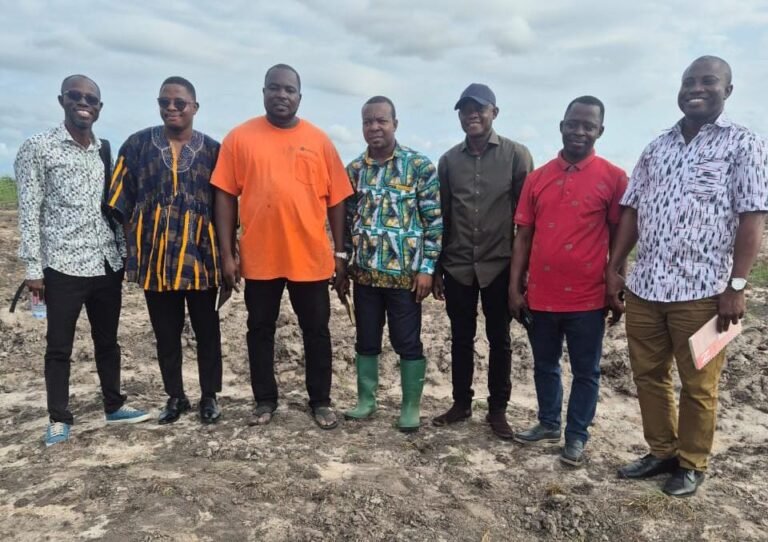
Minister of Food and Agriculture, Owusu Afriyie Akoto
President of the International Fund for Agricultural Development (IFAD), Gilbert F. Houngbo, says international organisations and government partners need to rethink the nature of food systems that often lead to greater inequalities, poverty and hunger.
He noted that the Covid-19 pandemic and the effects of climate change are compelling the world to radically rethink the way foods are produced and consumed.
In his view, it is possible “to achieve a more fair and equitable world, a world without abject poverty, a world without hunger.”
Addressing delegates during a virtual conference at the 44th session of the IFAD Governing Council, where he was re-appointed as President of IFAD, Mr Houngbo said IFAD would double its efforts to ensure 40 million people per year increase their incomes by at least 20 percent by 2030, which is double what IFAD currently achieves.
This is aimed at eradicating poverty and hunger to millions of people under his leadership,
He therefore called on donors to significantly contribute to IFAD, saying this would help them carry out a comprehensive program with at least $11 billion from 2022 to 2024, for better economies that can face the challenges of the coronavirus pandemic and climate change.
Second term goal
He further revealed that his second term would continue focusing on technological solutions, innovative financing models, and new private-sector partnerships, besides tackling hunger and poverty and address the devastating impacts of climate change, youth unemployment, and most recently COVID-19.
He further disclosed that his second-term strategy will also give more attention to the importance of helping the indigenous people to “ensure no one is left behind.”
“With the pandemic still devastating rural areas and the projections for increased poverty and hunger, the need for IFAD to scale up is more urgent than ever. Today it is COVID, yesterday it was a tsunami, and we don’t know what will happen tomorrow. The threat from climate change and extreme weather will not diminish, and we should prepare. No rural woman or man should ever be in a position of having to sell his or her meager assets – or be forced to migrate – in order to survive,” he said.
Touching on the devastating impacts of climate change and reversing the decline of biodiversity, he said IFAD launched last month the Enhanced Adaptation for Smallholder Agriculture Programme (ASAP+), which could mobilise $500 million and help more than 10 million people adapt to an unpredictable climate.
According to him, in spite of their disproportionate vulnerability to climate change, small-scale farmers currently receive only 1.7 percent of global climate finance.
He therefore pledged his commitment to address the major challenges rural young people face in finding decent employment, which has an enormous impact on instability and migration.
Re-appointment
Mr Houngbo was re-appointed for a second four-year term due to his successful efforts to achieve long-term rural development despite the global challenges of coronavirus pandemic and climate change impacts.
The 44th Session of the Governing Council was a two-day meeting under the theme, “Rural development – a pre-requisite for global resilience.”







